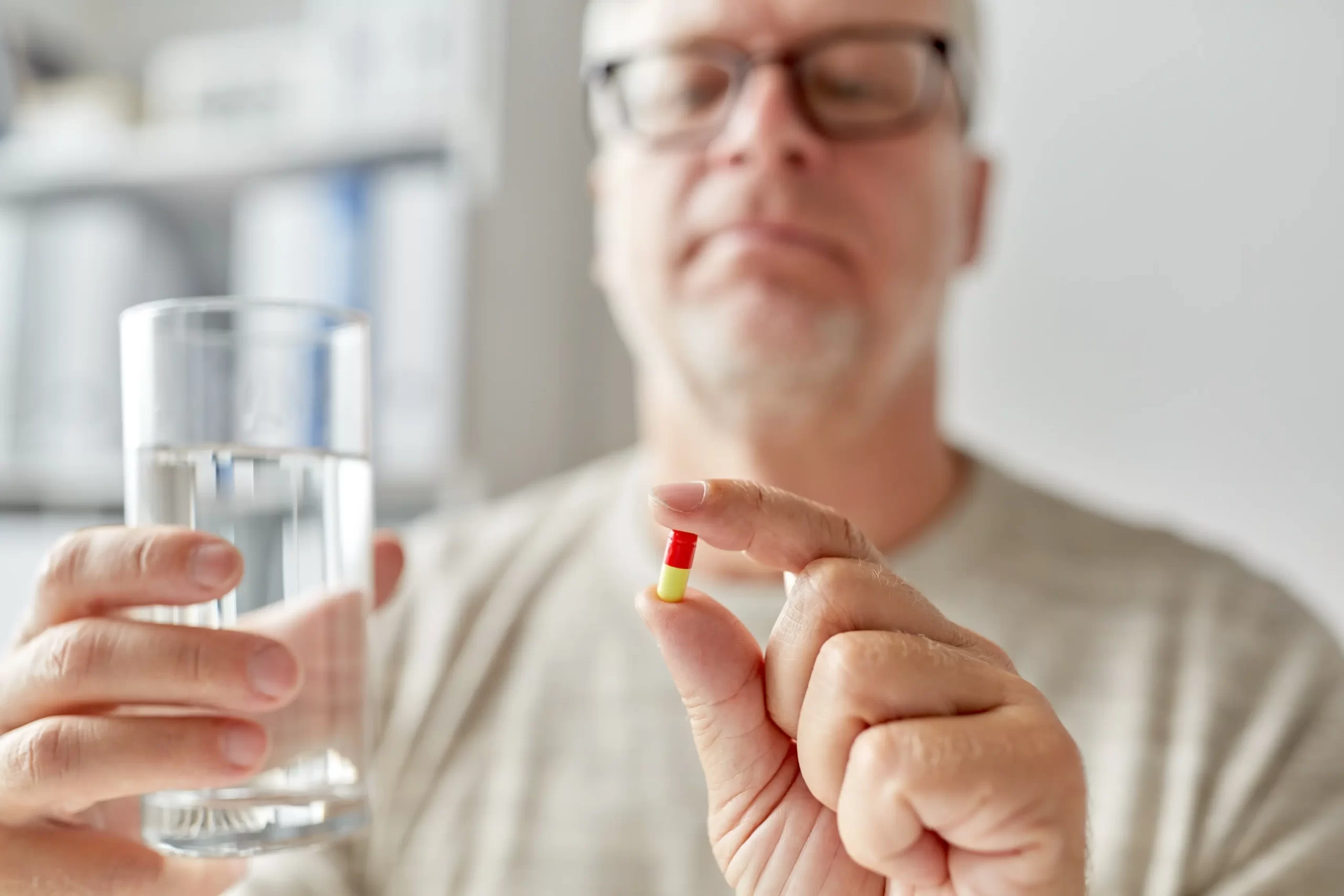Without a doubt, antibiotics revolutionized healthcare in the 20th century. Bacterial infections that would have cost people their lives are now easily cured with just a dose of medicine. However, this doesn’t mean that antibiotics are completely harmless. In fact, they have a very strong effect on your GI system and should be taken with caution. Even a short course of antibiotics can change the makeup of your GI microbiome. In some cases, a patient’s microbiome can more closely resemble the guts of an ICU patient than of a healthy adult after taking antibiotics.
How do antibiotics work?
To help you understand why antibiotics have such a detrimental impact on gut health, it is important to know how they actually work. Antibiotics work by killing bacteria or preventing it from growing. There are broad-spectrum antibiotics that can act on a large range of bacteria that can cause diseases. Other types have been designed to kill a certain type of bacteria. Regardless of the type of antibiotics you take, they generally aren’t able to easily tell the difference between bad and good bacteria and can end up killing your “good” bacteria as a result. This can then lead to unexpected side effects.
How do antibiotics impact your GI health?
Although antibiotics can cause nausea, diarrhea, and vomiting, the biggest and most long-term issue surrounding antibiotics is the impact that they can have on your microbiome. While you are taking antibiotics, some bacteria in the gut disappear while others tend to overgrow, throwing off the entire balance of your gut. When the gut microbiome gets disrupted because of an imbalance of bacteria, the immune system becomes disrupted. This can result in a decrease in the microbiome for as long as six months. In some studies, the affected microbiome lasted nearly three years. Furthermore, this imbalance can also see an influx of bacteria that are resistant to antibiotics.
The impact of antibiotics doesn’t end with your GI health. For women, it is also important to keep in mind that antibiotics can also lead to vaginal yeast infections. Poor gut health can cause an increase in harmful bacteria that can eventually make their way to your vaginal area and impact the balance of your delicate below-the-belt microbiome.
What is the best way to protect your GI tract while taking antibiotics?
While most people have to take antibiotics at some point, there are a few things that you can do to protect your gut health during a course of antibiotics. One of the best things you can do is take probiotics during and after a course of antibiotics. Since probiotics consist of live, healthy bacteria, this will help support your digestion. It can even help reduce the side effects of nausea and diarrhea. Antibiotics can kill the bacteria in probiotics so it is important to remember to take them a few hours apart to experience the greatest benefits. You should also continue taking them once the antibiotics are finished since they may have inadvertently killed the healthy bacteria in your intestines
Another great option to reduce GI issues with antibiotics is to eat fermented foods like yogurt, cheese, kimchi, sauerkraut, and kombucha. You should also eat plenty of foods that are high in fiber as these can stimulate the growth of bacteria in your gut. Finally, don’t forget to eat prebiotic food as well. These are the types of food that feed the good bacteria in your gut. They include onions, asparagus, bananas, garlic, apples, oats, and more!
Need help?
Have you recently finished a course of antibiotics but are still having trouble with your GI system? Give us a call today! We will be happy to schedule an appointment with one of our in-house experts.

